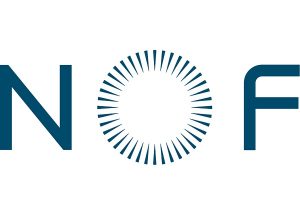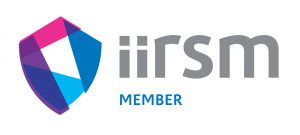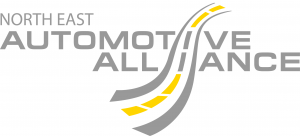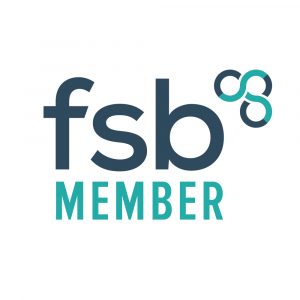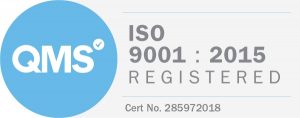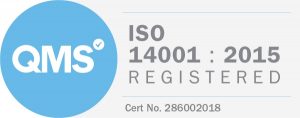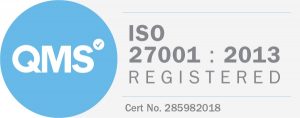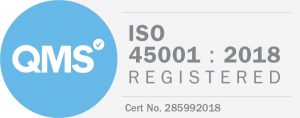Specialist drug, alcohol and mental health services provider Recovery4Life helps private patients and assists businesses to manage risk while supporting staff, improving productivity and saving money. However, as Steven Hugill finds out, the Gateshead-based firm is also playing a pivotal role in the regional – and international – response to the COVID-19 pandemic.
John Devitt was ahead of the curve when COVID-19 began its surge in late 2019.
A martial arts enthusiast, he watched as members of the region’s Asian community rallied to send face masks to family and friends in China and Hong Kong.
It was something of an epiphany for John, who, having spearheaded Recovery4Life’s programmes on drug and alcohol testing and mental wellbeing in the workplace, realised the company could pivot its services to help combat the pandemic.
“When we went into the first lockdown in March last year, we really began looking at how we could help manage the situation,” he says.
“When we are dealing with drug and alcohol dependency issues, we are dealing with chaotic lives and behaviour.
“Our model is based on putting structure into that chaos, so we had ready-made processes to understand how we could do that with COVID-19.”
One of the ways the Gateshead-based firm has added to the UK’s coronavirus response has been through using its expertise with drug and alcohol testing to take on rapid antigen and antibody testing, and further laboratory-based analysis around COVID-19.
Providing results, in some cases in as little as 15 minutes – from samples taken at its clinics or from clients’ workplaces – the company is, says John, playing a crucial role.
“We got into testing because of the psychological effect and impact COVID-19 has had on mental health,” says chief executive John.
“With a lot of our clients, the first thing they did wasn’t to worry about transmission, it was fear of the virus itself.
“So we started looking at our internal models and took in what the Scientific Advisory Group for Emergencies (SAGE) was saying and what the World Health Organisation was saying, and then looked at why countries like South Korea, Taiwan and New Zealand had done so well to control COVID-19.
“We also looked at testing behaviours and how the NHS was working to identify clues for patients that needed the most care.
“We saw there was a need to test to limit transmission, and how that needed to be done with a fast response.”
“So we invested in tests, which we believe to be the best in the market and processes that were different to anything else out there.”
Such is the strength of Recovery4Life’s analysis methods that they have attracted the attention of businesses across the North East, as well as clients overseas, with the Multinational Force and Observers organisation – which oversees peace between Egypt and Israel – one of the earliest adopters of the firm’s antibody testing.
Furthermore, the business is now working with Teesside International Airport to deliver antigen, antibody and laboratory-based testing across staff and flyers, which John says will ramp up across the early months of 2021, along with a full occupational health service. “We are testing travellers who are going to places like the Canary Islands and need a range of approaches to meet different entry requirements – quickly.
“Our partnership will create a real hub for Teesside, supporting the local community, the business community and individuals who need or might want private testing.”
But that isn’t the total of Recovery4Life’s work on COVID-19.
In addition to its raft of testing services, the business is running the Passport2Work web-based app and previously founded the 20/20 Fund to pay for COVID-19 testing kits and personal protective equipment (PPE) for key workers.
Designed to help businesses pro-actively manage coronavirus risks, the free-to-use Passport2Work tool considers 14 symptoms, along with any underlying health conditions, to identify pre-symptomatic and asymptomatic carriers more easily.
“We’re trying to identify the life cycle of the virus and Passport2Work operates like a dashboard for people to track their symptoms,” says John.
“But it doesn’t just look at one person; the app tracks them, as well as the people they live with, those with underlying health conditions and if the person lives with someone – like a doctor or nurse, for example – who are regularly working in environments where COVID-19 is prevalent.
“Following Government guidance and international best practice, Passport2Work helps make testing, occupational health and other support more focused, and provides businesses with crucial continuity, in terms of keeping staff safely in work or helping them get back to work.”
John continues: “When COVID-19 hit our shores, the price of PPE rocketed, so we decided to use profits from the sale of our tests to help buy equipment.
“One of the first things we did was donate 1000 bottles of hand gel to local care groups, and we actually had people in tears on the doorstep because of what the sanitiser meant for them in terms of being able to do their jobs without potentially putting patients in danger.
“We also bought PPE that was whisked away to care homes and community groups, donated to food banks and supported organisations like Age UK.
“We spent about £12,000 in the first six months of the pandemic. “The fund is still going, and we’ll keep topping it up going forward.”
While continuing to invest such support in the battle against COVID-19, John says Recovery4Life will also remain committed to its core services of drug and alcohol testing for business, mental health support and associated workplace training.
Companies’ understanding and willingness to safeguard employees’ wellbeing is thankfully, says John, becoming much more established, with many shedding outdated conceptions about their responsibilities starting and ending with the traditional working day.
However, in a region where John says alcohol related hospital admissions are the highest in the UK, and where the death rate linked to drugs is one of the largest in the country, he believes much work remains to be done.
And, he says, that focus has been brought into even sharper focus by the effects of COVID-19, with its associated lockdowns and social restrictions pushing people towards different vices to compensate for their reduced social activities.
“People are social animals,” says John, “and the isolation that we have all had to get used to is going to create a mental health crisis in the future.
“People are looking for comfort – whether that is from sugar in a cake, or from taking cocaine, drinking or gambling.
“If the mind is in pain, the body is in pain.
“The situation we find ourselves in is very worrying with COVID-19 and its associated job losses and furlough, and the uncertainty of Brexit too.
“There is a huge expectation on people to somehow muddle through.”
A key element in this response is Recovery4Life’s tailored wellbeing services.
“We do drug and alcohol analysis in a different way,” says John, whose team has delivered more than 500,000 tests over the last 20 years, supporting thousands of people across the UK.
“We’re not here to judge people and believe that you can balance workplace safety with supporting the health and wellbeing of your people – and offer a full range of treatments including heroin and alcohol home detoxes for those who need help.
“We are coming from a very strong clinical background with our medical director Dr Martin Weatherhead, for example, an opiate addiction specialist. We speak to people within 24 hours of a referral and get them into appointments within 48 hours. Our services are not a bolt-on for organisations, they are fundamental to their operations, and by acting so quickly we can nip problems in the bud.”
